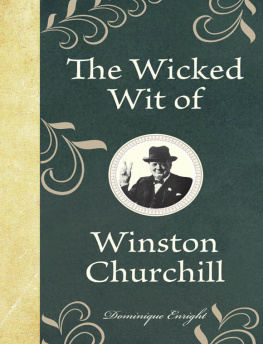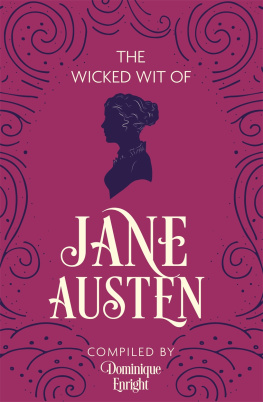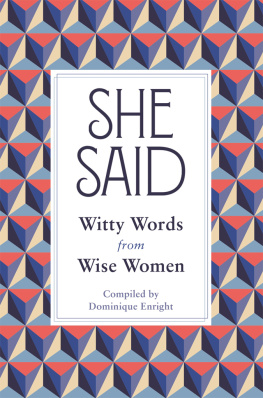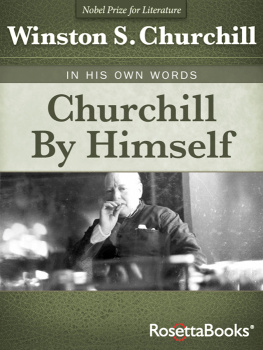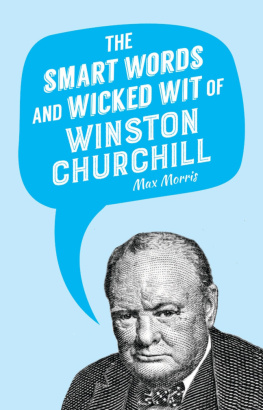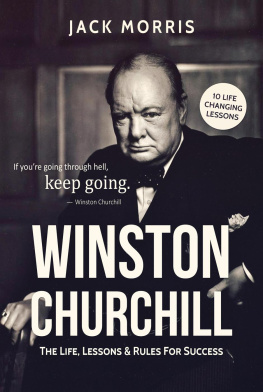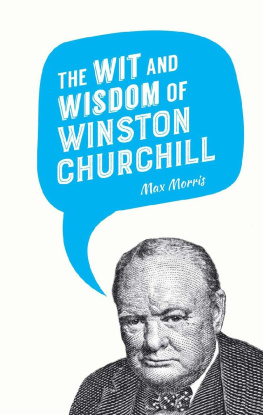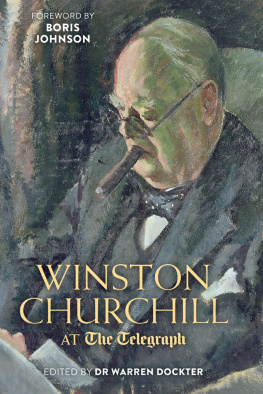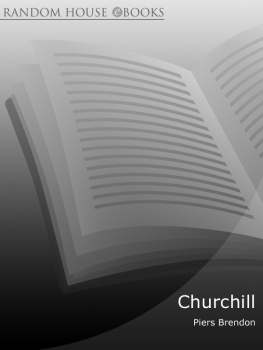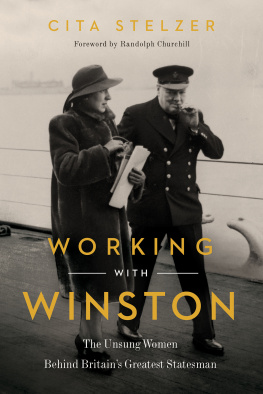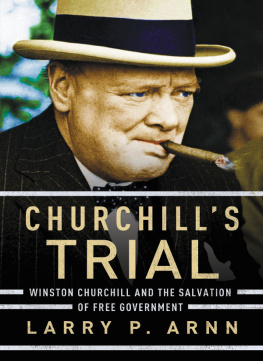
This revised edition first published in Great Britain in 2011 by
Michael OMara Books Limited
9 Lion Yard
Tremadoc Road
London SW4 7NQ
This electronic edition published in 2011
ISBN: 978-1-84317-589-6 in EPub format
ISBN: 978-1-84317-588-9 in Mobipocket format
ISBN: 978-1-84317-565-0 in hardback print format
Copyright Michael OMara Books Limited 2001, 2011
Every reasonable effort has been made to acknowledge all copyright holders. Any errors or omissions that may have occurred are inadvertent, and anyone with any copyright queries is invited to write to the publishers, so that a full acknowledgement may be included in subsequent editions of this work.
All rights reserved. You may not copy, store, distribute, transmit, reproduce or otherwise make available this publication (or any part of it) in any form, or by any means (electronic, digital, optical, mechanical, photocopying, recording or otherwise), without the prior written permission of the publisher. Any person who does any unauthorized act in relation to this publication may be liable to criminal prosecution and civil claims for damages.
A CIP catalogue record for this book is available from the British Library.
Designed and typeset by Design 23
www.mombooks.com
Contents
It is a good thing for an uneducated man to read books of quotations.
My Early Life, 1930
S ir Winston Leonard Spencer Churchill was born in 1874 at Blenheim Palace, Oxfordshire, the eldest son of Lord Randolph Churchill and his American wife, and a nephew of the Duke of Marlborough. Despite an undistinguished career at Harrow, he attended the RMA, Sandhurst, before being gazetted to the 4th Hussars. Following service in India and on the North-West Frontier, he took part in the Nile Expeditionary Force in the Sudan in 1898, and was attached to the 21st Lancers when that regiment made its famous mounted charge against the dervishes during the Battle of Omdurman. As a newspaper correspondent during the Boer War of 18991901 he was captured when the armoured train he was travelling in was ambushed and derailed, but later successfully escaped his captors and made an epic journey back to British lines. He was present at a number of the most famous battles of the campaign, including Spion Kop.
Churchill entered Parliament as a Conservative MP in 1900 but, finding himself increasingly at odds with the party, in 1904 crossed the floor of the House and joined the Liberal Party, becoming Under-Secretary for the Colonies in 1908 and President of the Board of Trade a year later, in which post he introduced labour exchanges. Appointed Home Secretary in 1910, he was involved in the Siege of Sidney Street the following year, and not long afterwards changed his post for that of First Lord of the Admiralty, and thereafter worked furiously to prepare the Royal Navy for the war with Germany that he knew must come; he also worked tirelessly on the development and deployment of tanks, an invention for which (as was later officially acknowledged) he was partly responsible. In 1915 he resigned in the face of blame for the costly failure of the Dardanelles and Gallipoli operations, and went to France to take command of an infantry battalion on the Western Front. He returned to Britain in 1917 and took up the post of Minister of Munitions in the Coalition government now headed by Lloyd George. He was Secretary for War and Air from 1919 to 1921, but in 1924 changed allegiance once more when he was elected to a different constituency as a constitutionalist Conservative; from then until 1929 he served as Chancellor of the Exchequer.
Without office in the 1930s under Ramsay MacDonalds National government and the succeeding Tory administrations, he increasingly warned from the backbenches of the dangers of German rearmament, of appeasement of the dictators, and of Britains absolute lack of preparedness for war, referring to the Munich settlement of 1938 as a total and unmitigated defeat. The fall of Norway in May 1940, and the imminent threat to British forces in France and to Britain herself, led to a vote of no confidence in the administration headed by Neville Chamberlain, whom Churchill succeeded as Prime Minister, immediately forming a Coalition government. Despite the disasters in Belgium and France, victory in the Battle of Britain, followed by successes at sea and in North Africa, helped to stiffen the countrys sinews, aided immeasurably by Churchills leadership and his oratory. His close personal friendship with President Roosevelt ensured American support and, following Japanese and German declarations of war against the USA in December 1941, did much to smooth the often rocky path of inter-Allied cooperation, while his ability both to flatter and to stand up to Stalin promoted a relationship with the Soviet Union that helped to ensure the defeat of the Axis. After German defeats in North Africa and Russia, and American naval victories over the Japanese in the Pacific, the tide of war began to turn, and Churchill increasingly directed his formidable talents to the total defeat of Germany, Italy and Japan and the maintenance of the Triple Alliance which was to bring that about. He was not to share in the final triumph, however; in the general election of July 1945, two months after Germanys unconditional surrender, the war-weary British people voted the Labour Party into power, and Churchill handed over the premiership to Clement Attlee.
He remained an untiring leader of the Opposition, while his fame and reputation ensured that he maintained an overwhelming presence on the international stage. In 1951, aged seventy-seven, he became Prime Minister again, resigning in 1955 in favour of the much younger Anthony Eden, although he stayed on as a backbencher well into his old age, until failing health forced him to give up his seat in Parliament. He died, full of years and honours, in 1965 and, after a magnificent state funeral, was buried in the graveyard of the tiny parish church close to Blenheim Palace, the house in which he had been born.

The characteristic of a great man is his power to leave a lasting impression on people he meets, Churchill once said. Was he thinking of himself? He was certainly not blind to his own stature. He was one of the few people who can truly be said to have been larger than life. His life was not only long but it was full and varied full of friends, and of enemies; full of action and creativity, of argument and ruthlessness. There were many who loved him, many who hated him, and many, it seems, who both loved and hated him. Exuberant and spoiled, childish and childlike, kind and cruel, enquiring but pig-headed, hardworking and generous but conceited and determined to be centre-stage Churchill was all of these things. Remembered as a political leader, as a wartime strategist, and as the last of the great public orators, Churchills fame also rests upon his many books, notably his histories. These include The World Crisis (four volumes, 19239), Marlborough (four volumes, 19338), The Second World War (six volumes, 194854) and A History of the English-Speaking Peoples (four volumes, 19568), besides numerous volumes of speeches and broadcasts, volumes of autobiography, a biography of his father, one rather poor novel, Savrola (I have consistently urged my friends to abstain from reading it.), and countless articles, including some on painting which were published as a book, Painting as a Pastime. Altogether he published more words than Charles Dickens and Walter Scott together more books than Moses, he once joked.
Next page
